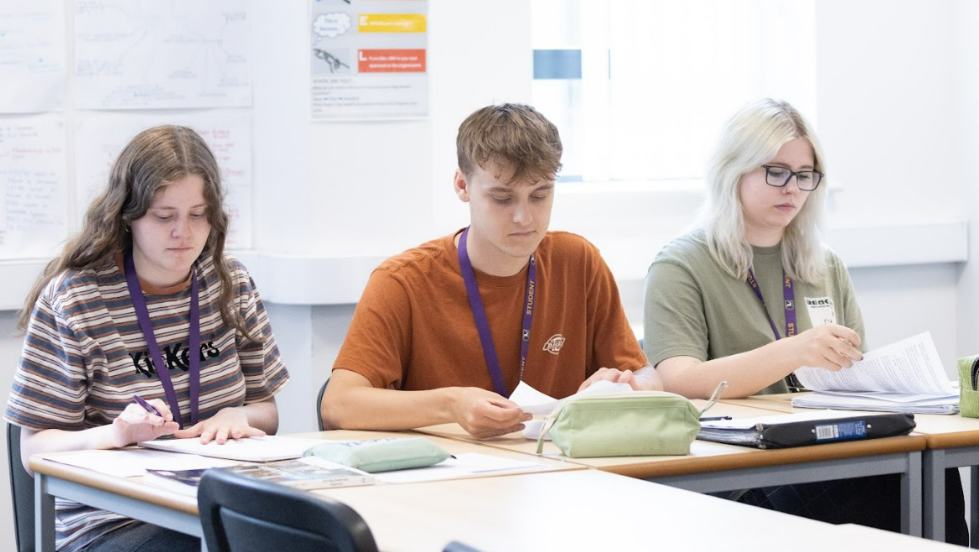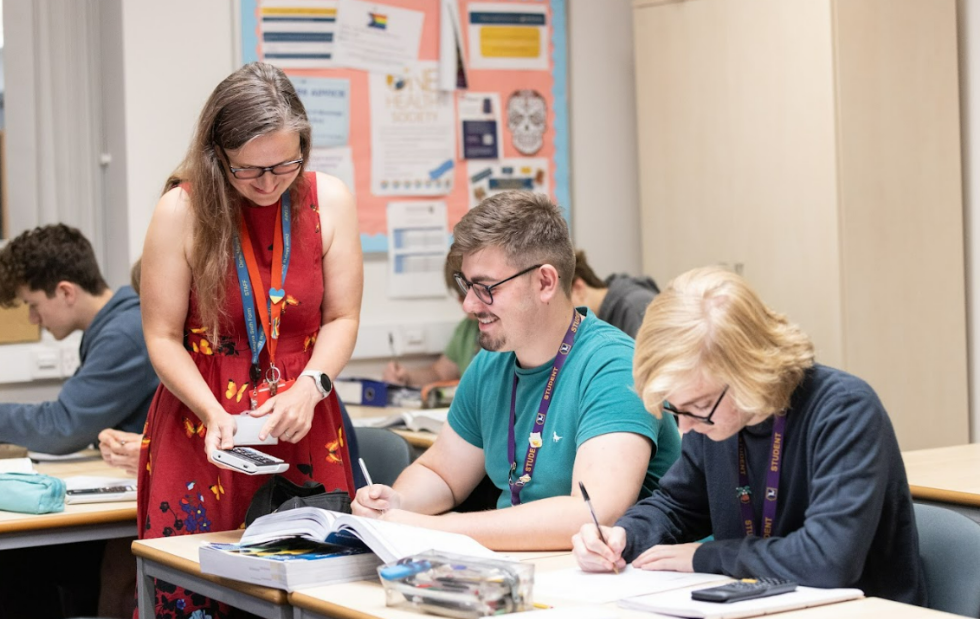Psychology
Head of Department: Mr M Osborne
Syllabus Title: AQA Psychology
Examination Board: AQA
Length of course: 2 years
Entry requirements: GCSE grade 5 (or above) in English and Maths.
Description
Psychology can be defined as the scientific study of behaviour and experience. It includes consideration of both humans and animals and of normal and abnormal behaviour. Psychology will help you to understand yourself and others in many ways. It will allow you to challenge the stereotypes and “quick fix” answers often provided by the media to questions relating to mental health and the effect of violent videos on children’s behaviour. Psychology deals with scientific research. This includes studying theories and considering the relevance of research studies. You will also study research methods, investigation design, data analysis and data presentation. You will develop an understanding of potential ethical issues in Psychology and ways in which Psychologists deal with these issues.
Topics Studied in this Course:
- Research Methods and Statistics in Psychology.
- Memory and Eye-Witness Testimony: Models of memory, forgetting and eye-witness testimony.
- Attachment: Explanations of attachment and maternal deprivations.
- Bio Psychology: The nervous system, endocrine system and the fight or flight response.
- Conformity and Obedience.
- Explaining and Treating OCD, Depression and Phobias.
- Research Methods and Statistics in Psychology.
- Approaches, Issues and Debates in Psychology.
- Forensic Psychology.
- Gender or Relationships: Biological and psychological factors in gender development, or explanations of the formation, maintenance and breakdown of romantic relationships.
- Schizophrenia: Biological and psychological treatments.
Coursework and Assessment:
There is no coursework element to A level Psychology.
3 exams, each 2 hours long.
Paper 1: Introductory subjects in Psychology
Paper 2: Psychology in Context
Paper 3: Issues and Options in Psychology
Post A level:
Students who have studies A Level Psychology often go on to Higher Education to study degrees in Psychology, Criminology, Forensic Psychology, Social Policy, Sociology, Media, Law or other humanities-related courses.
Psychology is particularly relevant for careers that are people-based, such as human resources, advertising, business, social work or politics.






